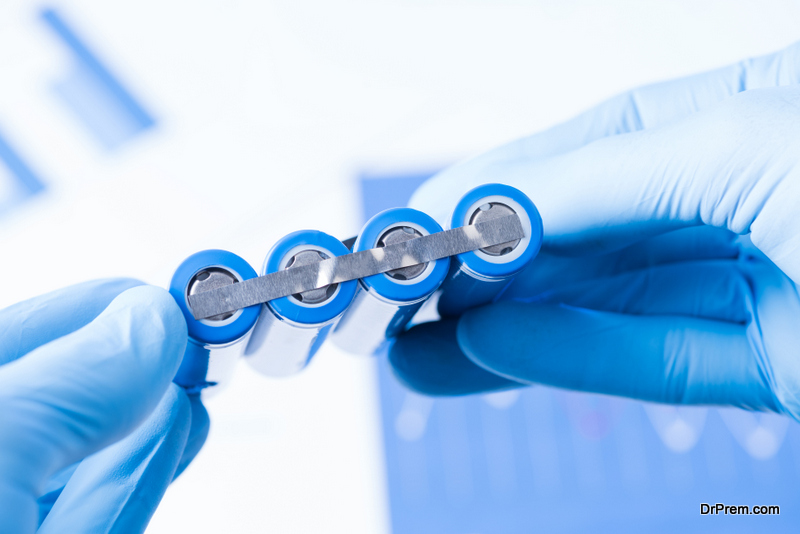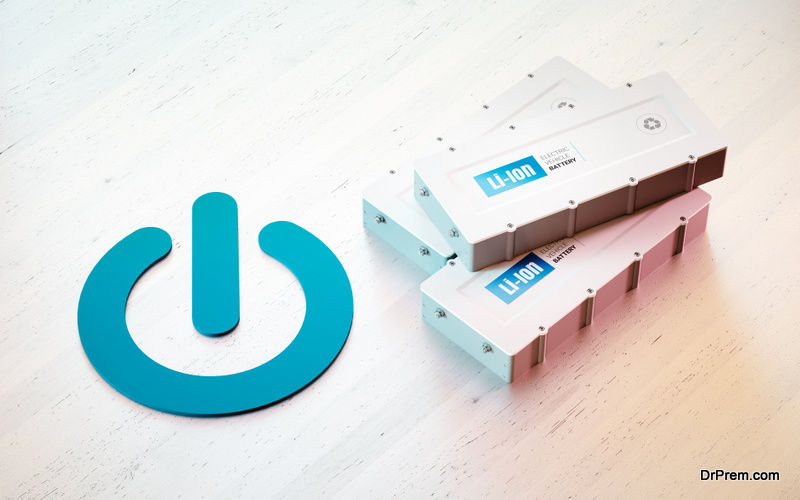Lithium-ion batteries are found in appliances and equipment around the world, ranging from cell phones to electric vehicles. They are renowned for their high performance despite being relatively lightweight. However, as most batteries contain either cobalt or nickel, notoriously unstable materials, thorough testing needs to be conducted to ensure the battery is safe, durable and that its performance matches that which manufacturers and consumers demand.
Why a Precision Battery Tester is Needed
 The performance, reliability and more importantly, the safety of batteries depends on the quality of the cells. It is, therefore, essential that they undergo a strict verification process using high precision battery testing equipment. Manufacturers can’t afford faulty or substandard batteries in their products as it will have severe consequences for the company’s reputation as was evidenced by Samsung’s Galaxy Note 7, which had faulty batteries that were a fire risk.
The performance, reliability and more importantly, the safety of batteries depends on the quality of the cells. It is, therefore, essential that they undergo a strict verification process using high precision battery testing equipment. Manufacturers can’t afford faulty or substandard batteries in their products as it will have severe consequences for the company’s reputation as was evidenced by Samsung’s Galaxy Note 7, which had faulty batteries that were a fire risk.
All batteries need to be exposed to real-world conditions but in an artificial environment where testing can take place over a shorter period. Trials in real-time are not feasible so it is sped up in test conditions during an industrial battery service using battery tester equipment. The cells will be exposed to extremes to ensure that their performance is satisfactory. Any problems can be rectified at the R&D stage, meaning that end-users get a product with which they are entirely satisfied.
Testing Battery Capacity
By the end of 2020, statistics suggest that the average number of electronic devices owned by each individual will be 6.5. Many of these electronic devices will be computers and cell phones, which are becoming increasingly sophisticated and demand higher capacity cells that retain power for a long time between charges with minimal capacity lost after each charge.
High precision battery testing is required to ensure that the necessary improvements occur. Batteries will naturally degrade over time, but initially, the loss of capacity should be minimal. Therefore, high precision battery tester equipment which is capable of detecting changes of to the fraction of a unit is required. It is essential that manufacturers can trust this equipment and that they know the data that they receive is accurate. Without complete trust in the data, improvements and performance will not be to desired standards.
What Happens During Life Cycle Testing?
 Life cycle testing is necessary for all products, but arguably, it is vital for batteries as they provide power for many modern appliances. During an industrial battery service, a variety of tests are conducted to verify how long a cell will last between charges and the loss of capacity after each charging cycle. Manufacturers and consumers demand that this information is accurate to maintain confidence in the product. During life cycle testing, it is common that environmental cycle testing and calendar life testing take place to breed confidence.
Life cycle testing is necessary for all products, but arguably, it is vital for batteries as they provide power for many modern appliances. During an industrial battery service, a variety of tests are conducted to verify how long a cell will last between charges and the loss of capacity after each charging cycle. Manufacturers and consumers demand that this information is accurate to maintain confidence in the product. During life cycle testing, it is common that environmental cycle testing and calendar life testing take place to breed confidence.
Manufacturers in different industries will, of course, have different demands and requirements relating to battery performance. High precision battery testing equipment will demonstrate the efficiency of a battery in real-world conditions with quantifiable data for their clients. Climatic and environmental extremes may be tested to the demands of specific clients. Abuse testing will use high precision battery tester equipment to test the battery beyond normal limits.
In some sectors, batteries will be required to withstand various conditions. These include performance while exposed to vibration, salt, dust, corrosive materials or conditions, humidity and EMC. These tests take place in an artificial environment, but the results will be monitored using high precision battery tester equipment.
Finally, another part of life cycle testing is transportation testing. With the unstable nature of lithium batteries, the United Nations have specific requirements for their safe transportation (UN 38.3). Of course, these assessments need to be conducted under test conditions to guarantee that they are fit for shipping and indeed this is a stipulation of many airlines.
Why is Cycle Testing so Important?
With the demand for ever-increasing for lithium-ion cells, a growing number of manufacturers are entering the marketplace. It is therefore essential that the batteries are capable of conducting the roles that manufacturers demand and that they will retain sufficient capacity. If they fail to meet these objectives, the manufacturers of electrical goods will choose alternative suppliers that can match their requirements. Cycle testing is a necessity for products to be not only safe, have the performance that is craved but also to be commercially viable.
Article Submitted By Community Writer




